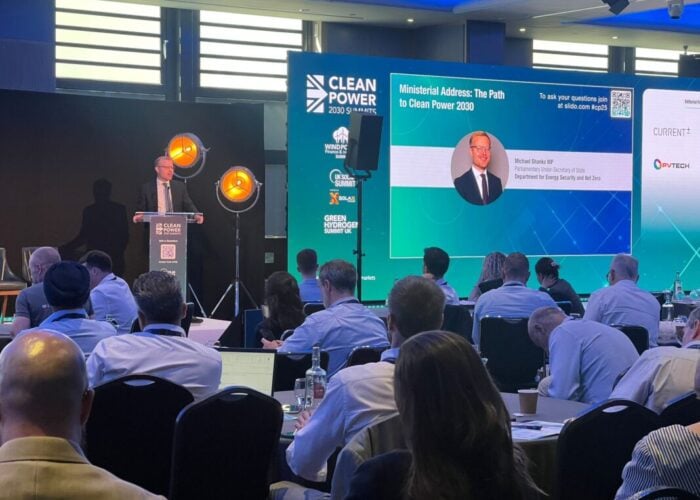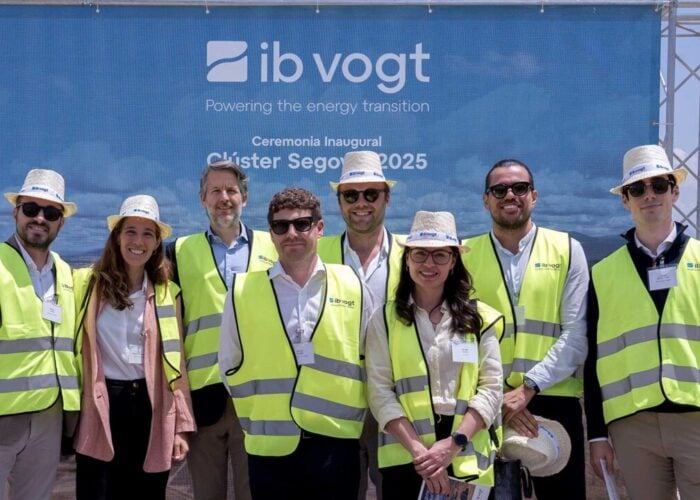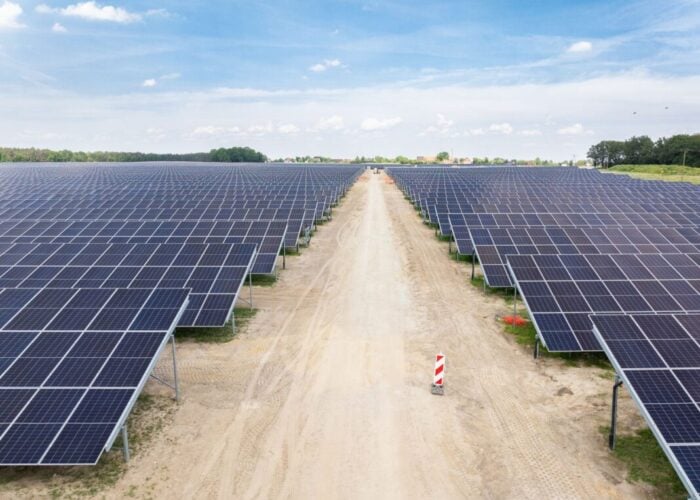US-based ultra-thin silicon wafer start-up Crystal Solar is planning to complete pilot production of its ‘Epi Thin-Silicon’ technology this year with volume production targeted sometime in 2014.
Crystal Solar highlighted the production plans after saying it had completed an 18-month US Department of Energy-funded “incubator project”, which it claimed successfully demonstrated the capability of its technology in eliminating multiple process steps in conventional monocrystalline silicon wafer production while retaining the material's inherent conversion efficiency superiority.
Unlock unlimited access for 12 whole months of distinctive global analysis
Photovoltaics International is now included.
- Regular insight and analysis of the industry’s biggest developments
- In-depth interviews with the industry’s leading figures
- Unlimited digital access to the PV Tech Power journal catalogue
- Unlimited digital access to the Photovoltaics International journal catalogue
- Access to more than 1,000 technical papers
- Discounts on Solar Media’s portfolio of events, in-person and virtual
The company claimed its technology would result in overall PV module production costs being reduced by approximately 50%.
The incubator project, which included collaborations with the National Renewable Energy Laboratory (NREL), also involved the Georgia Institute of Technology on silicon solar cell processing during this period.
However, according to the recent edition of the International Technology Roadmap for PV (ITRPV), alternative wafer technologies will be hard pressed to replace conventional multi- and mono-crystalline wafers due to costs and the conservative wafer thickness reductions adopted by the majority of the PV industry.
Yet the ITRPV does note that as-cut wafer thickness in mass production of solar cells and minimum cell thickness in module manufacturing is expected to reach below 120 microns in 2020.
Dow Corning had also previously announced that it would work with Crystal Solar to jointly develop new products for building-integrated PV applications, using its ‘direct gas to wafer’ process for ultra-thin wafers.







